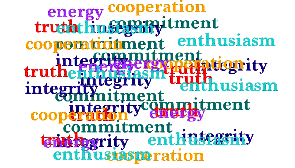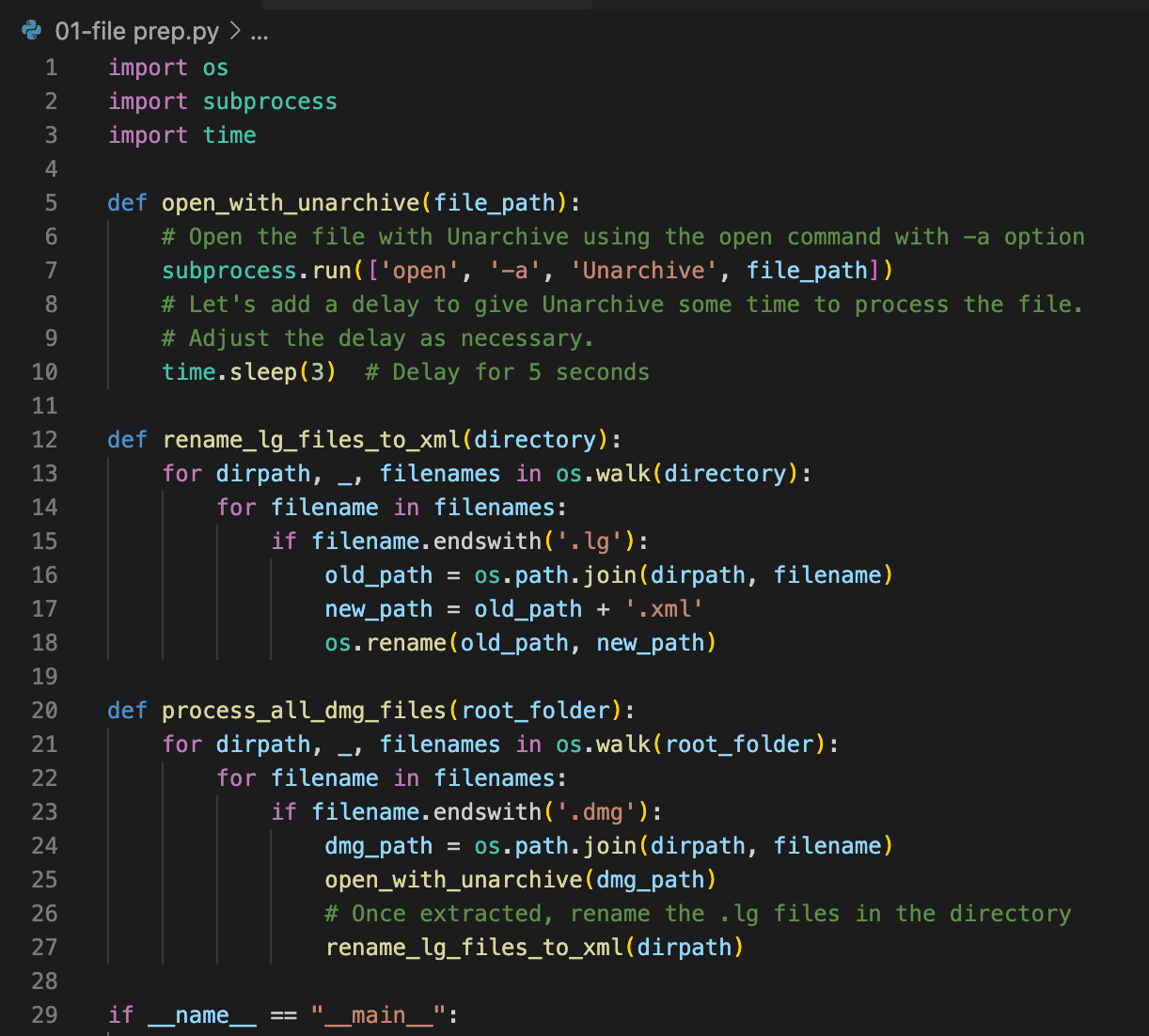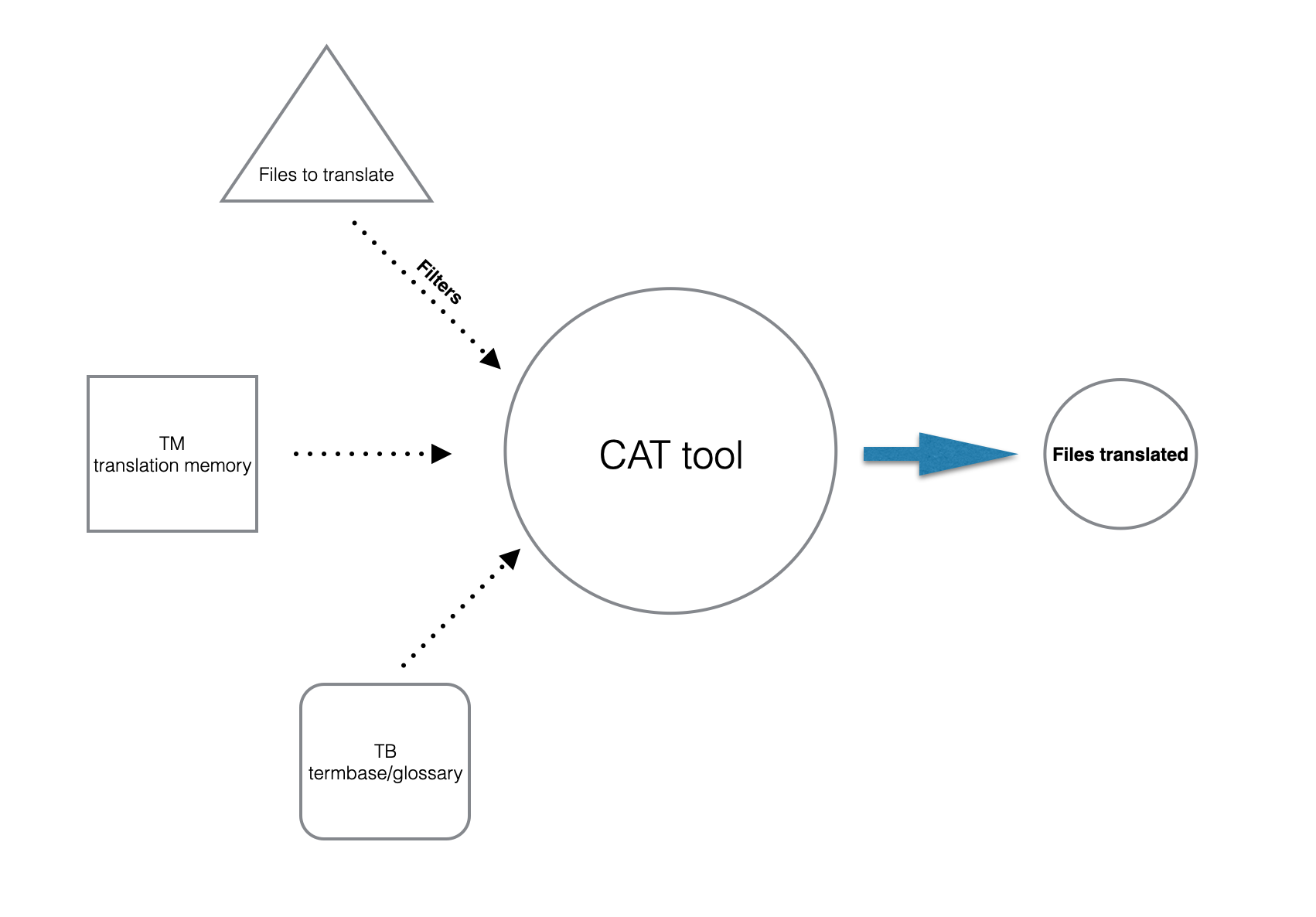Blog
|
|
The importance of using Glossaries in translation projects |
|
In the fast-paced world of translation, consistency is not just a virtue; it’s a necessity. Whether you’re translating technical manuals, marketing materials, or legal documents, maintaining a uniform terminology is crucial. That’s where glossaries come into play!
|
|
|
|
Engineering of localised software |
|
The engineering of localised software is a common task when translating software to run on medical devices.
|
|
|
|
Why use CAT Tools? |
|
The objective of this post is to give some simple insight on CAT tools and how they work
|
|
|
|
Creative ignorance and the perfect swing |
|
On the 25th of October I had the pleasure of taking part in the TEDx event in Bologna.
It felt to me like a burst of fresh air and sunlight after being trapped in a traffic jam inside a tunnel for an hour.
The first speech was by Professor Piero Formica, and its title was “In praise of ignorance”. To condense his reflections: we ought to push ourselves more often to break away from the schemes and rules which we generally use for approaching professional problems or situations, in order to leave space for creativity, for observation freed of habit and limit, to open the door to fresh ideas, new possibilities and improved solutions.
|
|

|
The importance of saying thank you |
|
I know this may sound a bit banal, verging on the naive, but expressing recognition of the work and commitment of a colleague or a collaborator is vitally important.
We live under constant stress, with breathless work schedules scrambling to respect permanently impending deadlines, many of them quite unrealistic. We frequently gulp down a sandwich while working, or skip lunch altogether (making the excuse that we’ll fit into our jeans a bit better), and by the evening we’re ready to crumple weakly onto the sofa.
|
|

|
“Performance anxiety…” |
|
1) A client wants a job done by tomorrow and we have no one free to do it: what can we do?
2) We have to organise a meeting in two weeks’ time and we neither have contents to propose nor the time or personnel to prepare them… but the decision has been made that we must attend the meeting anyway: what can we do?
3) A client has requested the creation of a programme with an extremely tight consignment schedule and a significant lack of specific information: what can we do?
How many times have we found ourselves in this situation?
|
|

|
Help Desk: pleasure or pain? |
|
Just recently I found myself needing to call the technical assistance service of a supplier, due to a problem I was having with a programme.
It made me think about how complex the how-to-relate-with-a-Help-Desk situation is.
The user who asks for help expects instant total comprehension of their problem and an immediate solution.
But frequently the information they supply is insufficient or even incorrect.
Because of this, the Help Desk’s attitude often betrays an ingrained distrust in the user’s ability to explain their problem.
This can easily lead to an impasse.
|
|

|
Workplace Ethics |
|
Does it seem complicated and awkward to talk about ethics in the workplace? I think that this feeling stems from the fact that “Corporate Ethics” are often seen as being something imposed by employers on employees.
The ethical aspect of company teamwork is a two-way process with a highly complex structure, comparable to a neural network.
|
|

|
Sustainability |
|
Sharing Awareness is an approach with multiple applications, based on an ethical approach to people and relationships, and therefore to the conditions and atmosphere of their workplace.
In this context, it is entirely natural to propose the creation of a sustainable development plan to the group of which one is part.
|
|

|
Training |
|
I have been involved in training for more than 4 years now.
I find it a wonderful personal and professional experience. My responsibility is to teach people how to use quite complicated and elaborated programmes (CAT translation programmes), which require different approaches according to the different types of people using them. This is actually an activity that I have been engaged in for much longer, when explaining procedures and methods to people collaborating with me on specific projects.
The most challenging aspects in a training situation are establishing a shared language and creating a shared emotional context.
|
|







